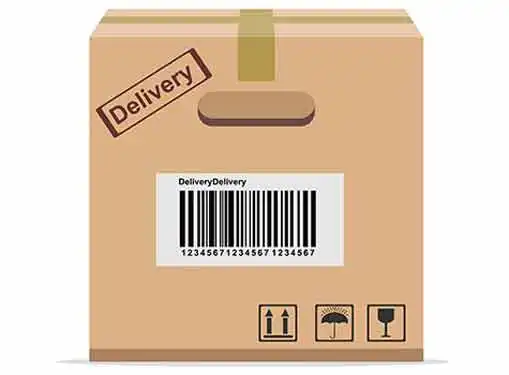Small Business Startup News
Solving The Startup Shipping Dilemma
Written by Tim Morral
Published: 2/3/2015
With Amazon and other large competitors focused on advanced shipping options, should your startup handle shipping in-house or outsource it to a third-party shipping and fulfillment provider?
Although many e-commerce entrepreneurs set out believing that shipping and fulfillment will take care of itself, large online sellers like Amazon are increasingly focusing on shipping as a key dimension of the customer experience, offering next-day or even same-day shipping options to today's impatient consumers.

So, for some entrepreneurs, outsourced shipping and fulfillment can be one of the smartest strategies for e-commerce. But is outsourced shipping right for your startup?
Outsourcing Shipping and Fulfillment
Amazon is one of the world's largest e-commerce marketplaces. With over $15 billion per year in sales, Amazon routinely partners with small e-commerce providers to offer outsourced sales, shipping and fulfillment opportunities.
In fact, ReadyShipper, a popular shipping solution, recently announced that it will now come pre-installed with integrations for Amazon's e-commerce module, making it even easier for small e-commerce providers to partner with Amazon for sales and shipping.
But outsourced shipping isn't always the right answer to the startup shipping and fulfillment dilemma. For entrepreneurs, it's critical to know when it's beneficial to outsource--and when it's beneficial to keep shipping and fulfillment in-house.
E-commerce Shipping: Outsource or In-House
There are several considerations that need to be factored into the decision outsource shipping and fulfillment. In a recent Business Journals report, Marc Prosser offered several guidelines to help entrepreneurs gauge whether or not outsourcing is the right option:
- Nature of Products -- In general, small product categories (e.g., jewelry) may never need to be outsourced, especially if you have a relatively low volume of orders. If you sell larger items or volume increases to the point that products are taking up too much space in your home or other space, then outsourcing may be a better option.
- Shipping Volume -- At some point, your order volume may increase beyond the point where outsourced fulfillment is the most affordable option. According to Prosser, monthly order volumes of 1,500 or more incur fulfillment monthly fees of $5,000 to $8,000. When that happens, it may be less costly to rent a warehouse and hire a worker to handle shipping and fulfillment in-house.
- Product Handling -- Some products are simply more conducive to outsourcing than others. If your merchandise is fragile or has special handling requirements, than outsourced fulfillment may be prohibitive.
Prosser also noted that outsourced fulfillment is most effective for businesses that sell a handful of unique products. An extensive or diverse product catalog often means investing significant effort in labeling and barcoding--and it can introduce more errors into your shipping program.
Share this article
About Our News for Small Business Owners
Our reporters cover all the news that pertains to small business ownership. Our coverage is all about giving you news you can use to be a successful entrepreneur.
Additional Resources for Entrepreneurs
